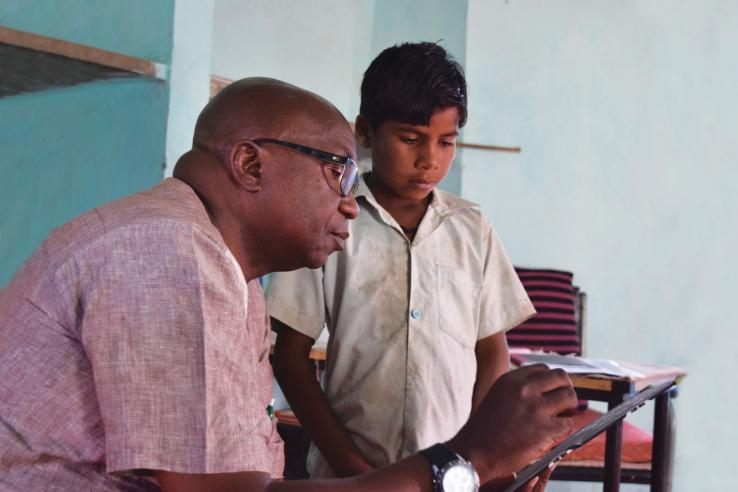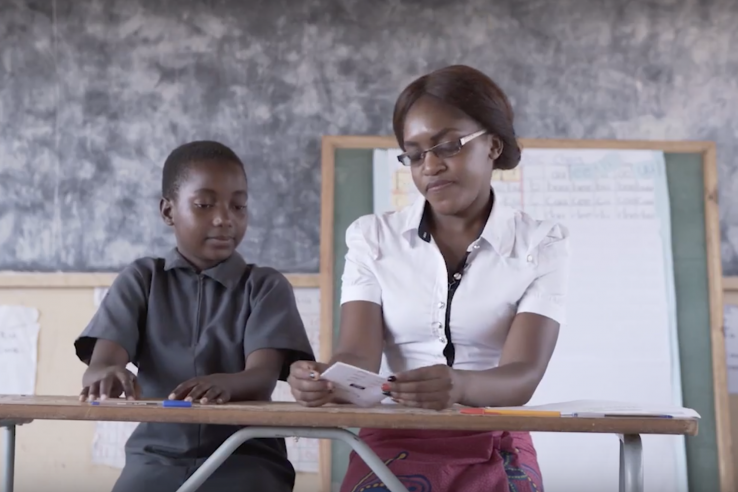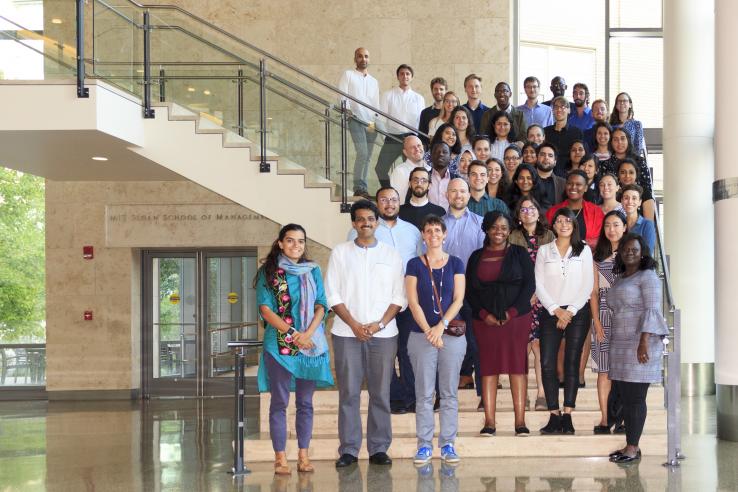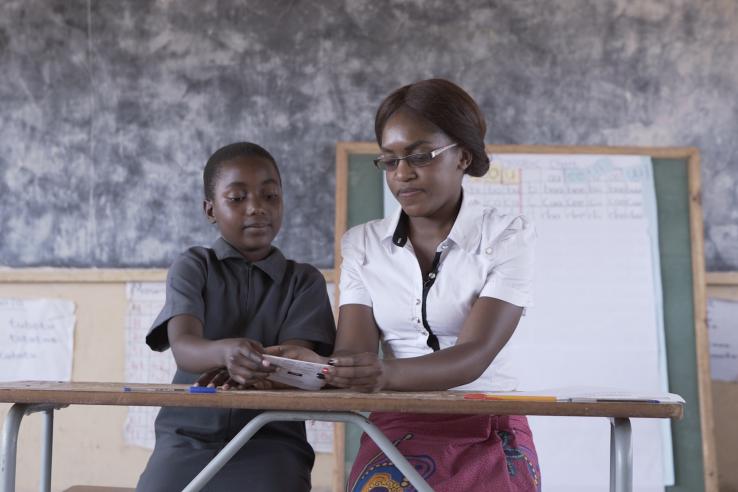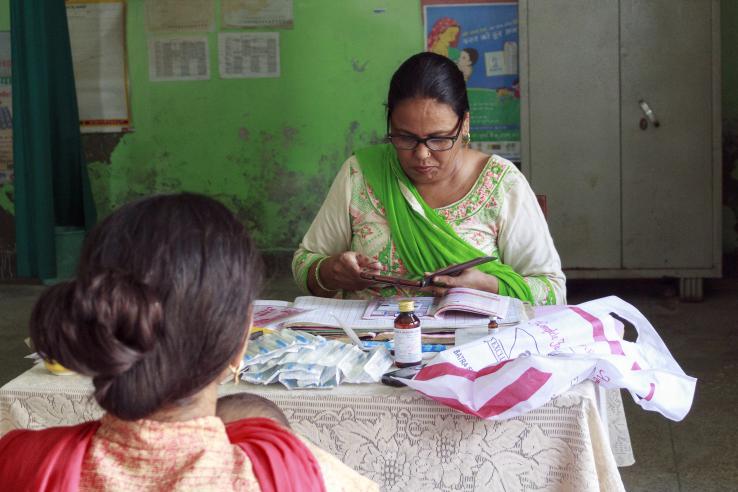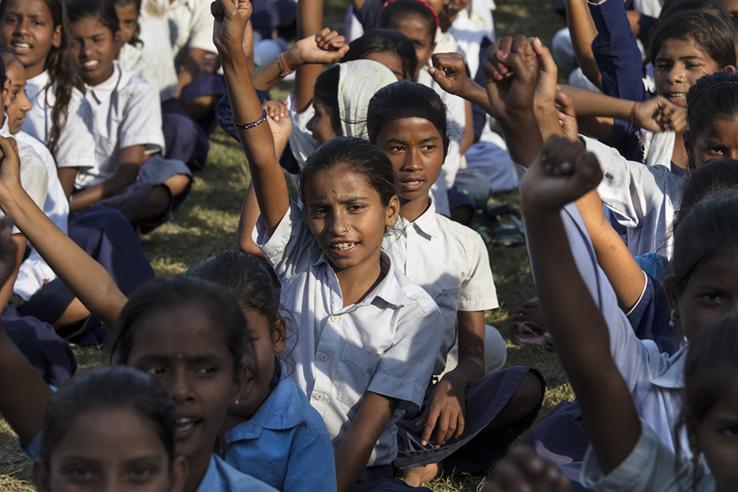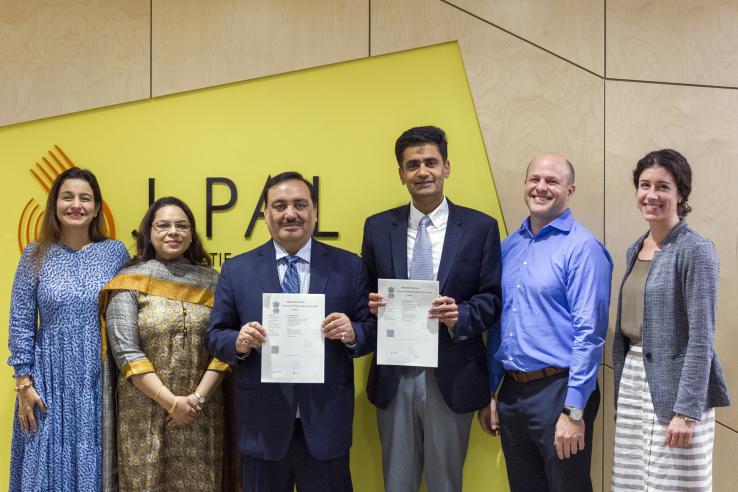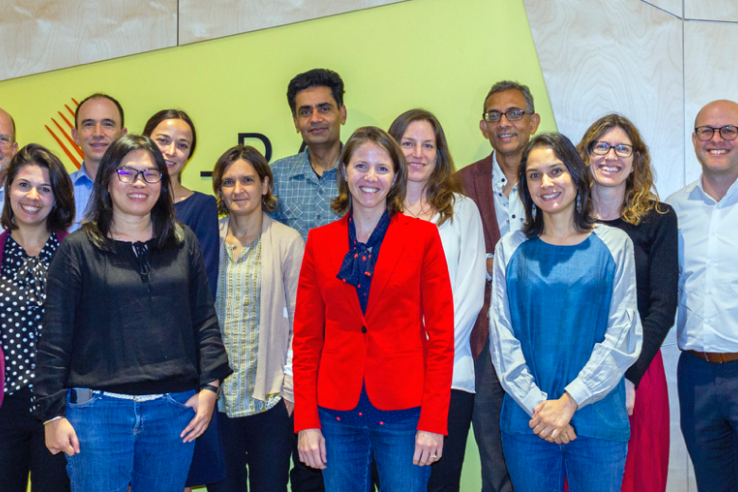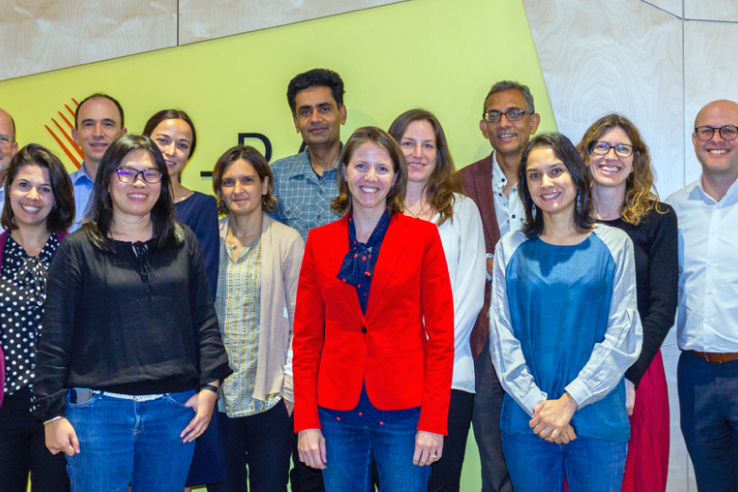Displaying 1831 - 1845 of 8461
Update
J-PAL Updates
Learn about how J-PAL Latin American & the Caribbean is helping develop an ed-tech agenda, get to know affiliated researcher Craig McIntosh, join us for a lecture with Michael Greenstone on using big data analytics to measure the real-world costs of climate change.
Update
J-PAL Updates
J-PAL's Evidence to Policy pathways explore how J-PAL affiliated researchers and staff, along with government and NGO partners, have drawn on evidence produced by randomized evaluations to inform policy changes around the world. Read more in our November newsletter.
Update
J-PAL Updates
In J-PAL's December 2018 newsletter, read our new report on creating a culture of evidence use, learn about the new European Social Inclusion Initiative, and browse open positions in research, policy, and training during our annual recruitment drive.
Update
J-PAL Updates
New Teaching at the Right Level initiative to support over three million primary school students in Africa with evidence-backed approach.
Update
J-PAL Updates
Read a letter from our Executive Director, Iqbal Dhaliwal; learn about government partnerships in Latin America, and hear from affiliate Rohini Pande on furthering the status of women in economics in...
Update
J-PAL Updates
How does J-PAL's MicroMasters in Data, Economics, and Development Policy help prepare learners for real world challenges? Hear from two staff members of the NGO Young 1ove in Botswana about their experience in the program.
Update
J-PAL Updates
In our February 2019 newsletter, Co-Impact announces funding for Teaching at the Right Level in Africa, J-PAL launches Innovation in Government Initiative, and more.
Update
J-PAL Updates
J-PAL celebrates International Women's Day, discusses research on preventing patients from consuming unnecessary medical treatments, and presents a new policy publication on incentivized community...
Update
J-PAL Updates
In our April 2019 newsletter, SFSD launches a new program in Egypt, J-PAL hosts a workshop for women’s and girls’ empowerment in Indonesia, and more.
Update
J-PAL Updates
In our May 2019 newsletter, J-PAL launches the IDEA initiative, the Environment & Energy team discusses possible climate policies, and more.
Update
J-PAL Updates
In our June 2019 newsletter, J-PAL affiliates' research on gender attitudes is featured in a new briefcase, J-PAL affiliate Paul Niehaus discusses unconditional cash transfers, and more.
Update
J-PAL Updates
In our July 2019 newsletter, we announce our first class of blended master's students, welcome seven new affiliates, and more.
Update
J-PAL Updates
On September 11, 2019, The National Health Mission (NHM), Government of Haryana signed a Memorandum of Understanding (MoU) with the Abdul Latif Jameel Poverty Action Lab (J-PAL) South Asia to systematically integrate the use of data and evidence from rigorous research to improve state programme...
Update
J-PAL Updates
J-PAL co-founders Abhijit Banerjee and Esther Duflo, with longtime J-PAL affiliate Michael Kremer, were jointly awarded the 2019 Sveriges Riksbank Prize in Economic Sciences in Memory of Alfred Nobel. The prize was awarded “for their experimental approach to alleviating global poverty.”
Update
J-PAL Updates
Los co-fundadores del Abdul Latif Jameel Poverty Action Lab (J-PAL), Abhijit Banerjee y Esther Duflo, y el profesor afiliado de J-PAL, Michael Kremer, recibieron el Premio en Ciencias Económicas en memoria de Alfred Nobel 2019. El premio fue otorgado “por su aproximación experimental al alivio de la...

